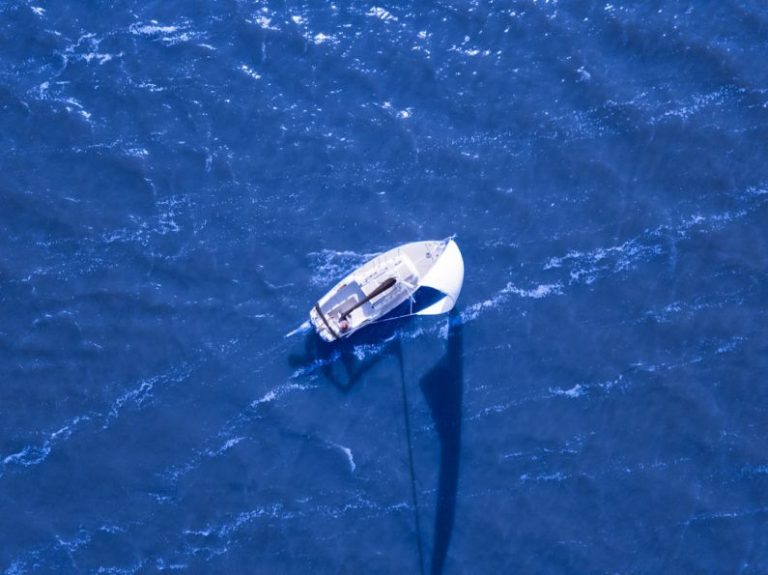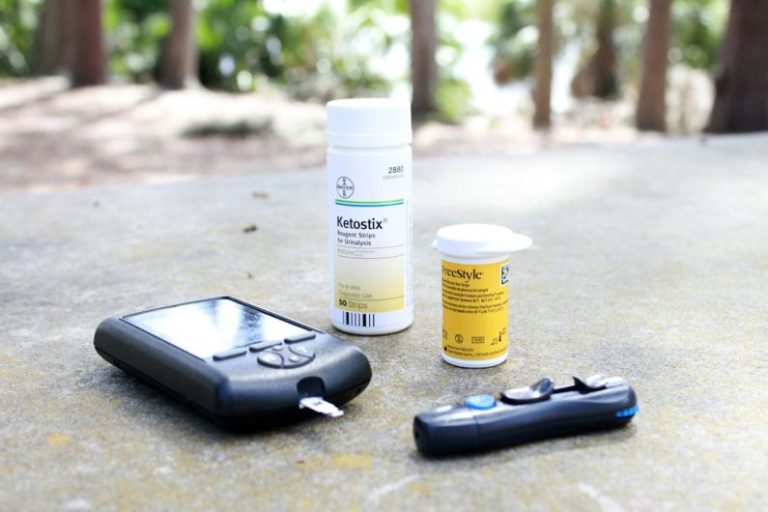The Environmental Impact of Boating and How to Mitigate it
Boating is a popular recreational activity enjoyed by millions of people worldwide. Whether cruising on a yacht, fishing on a lake, or sailing in the open sea, boating provides a unique opportunity to connect with nature and unwind. However, the environmental impact of boating is a growing concern as it can have negative consequences on marine ecosystems and water quality. By understanding these impacts and taking proactive measures, boaters can help mitigate their environmental footprint and protect the waters they love to navigate.
### Pollution from Fuel and Oil Spills
One of the most significant environmental impacts of boating is pollution from fuel and oil spills. Accidental leaks or improper refueling can release harmful chemicals into the water, posing a threat to marine life and ecosystems. To mitigate this impact, boaters should always use spill-proof fuel containers, regularly inspect their fuel systems for leaks, and properly dispose of oil and other hazardous materials at designated facilities. Additionally, using environmentally friendly biodegradable oils can help reduce the impact of spills on water quality.
### Discharge of Wastewater and Sewage
Another environmental concern associated with boating is the discharge of wastewater and sewage into the water. This can introduce harmful bacteria, chemicals, and nutrients that can disrupt the natural balance of marine ecosystems and contribute to water pollution. Boaters can reduce this impact by using holding tanks or marine sanitation devices to collect and properly dispose of sewage when on board. Using biodegradable and phosphate-free cleaning products can also help minimize the impact of wastewater discharge on water quality.
### Damage to Marine Habitats
Boating activities can also cause physical damage to marine habitats such as coral reefs, seagrass beds, and wetlands. Anchoring in sensitive areas, dredging, and propeller damage can destroy essential habitats for marine species and disrupt their feeding and breeding grounds. Boaters can help protect marine habitats by anchoring in designated areas, using mooring buoys when available, and using propeller guards to prevent damage to underwater vegetation. Being aware of local regulations and guidelines for boating in sensitive areas can also help minimize the impact on marine habitats.
### Introduction of Invasive Species
The introduction of invasive species through ballast water, hull fouling, and bait release is another environmental impact of boating that can have far-reaching consequences on native ecosystems. Invasive species can outcompete native species, disrupt food chains, and alter the balance of marine ecosystems. Boaters can help prevent the spread of invasive species by cleaning and inspecting their boats before moving them to different bodies of water, draining and drying equipment to remove any potential hitchhikers, and avoiding the release of live bait into the water. Following these simple guidelines can help protect native ecosystems from the harmful effects of invasive species.
### Noise Pollution and Wildlife Disturbance
Boating activities can also contribute to noise pollution in marine environments, which can disrupt wildlife behavior and communication. The sound of boat engines, sonar devices, and underwater construction can interfere with the natural soundscape of the ocean, affecting marine mammals, fish, and other wildlife. Boaters can help reduce noise pollution by maintaining their engines and equipment to minimize noise emissions, avoiding excessive speed in sensitive areas, and respecting wildlife habitats by keeping a safe distance from animals. By being mindful of the impact of noise pollution on marine wildlife, boaters can help preserve the natural soundscape of the ocean.
### Conclusion: Preserving the Marine Environment
In conclusion, boating can have a significant environmental impact on marine ecosystems, but by taking proactive measures, boaters can help mitigate these effects and protect the waters they enjoy. By being aware of the potential impacts of boating activities, using eco-friendly practices, and following guidelines for responsible boating, boaters can contribute to the preservation of marine environments for future generations to enjoy. By working together to minimize the environmental footprint of boating, we can ensure that our oceans and waterways remain healthy and vibrant for years to come.






